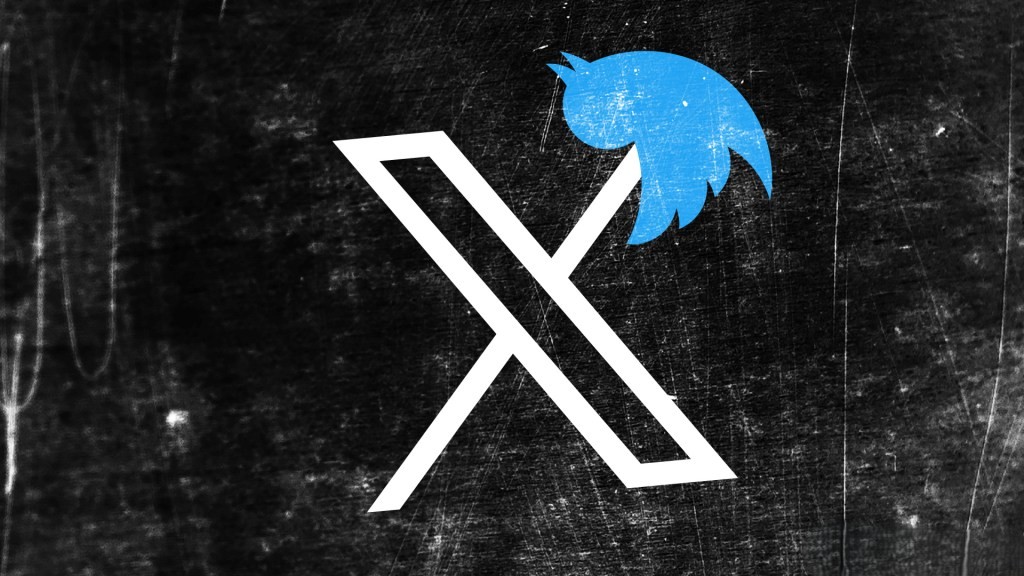Y Combinator’s Summer 2025 Demo Day showcased over 160 startups, with a significant emphasis on AI-driven solutions. This year, the focus shifted from merely integrating AI into products to developing autonomous AI agents and the necessary infrastructure to support them. Notably, there was a surge in voice AI applications and tools designed to help businesses monetize the burgeoning AI economy through advertising and marketing strategies.
After consulting with several investors specializing in Y Combinator ventures, we’ve identified nine standout startups that garnered considerable attention:
1. Autumn
What it does: Provides an open-source infrastructure to simplify Stripe integration for AI startups.
Why it’s notable: AI startups often grapple with intricate pricing models that combine subscription fees, usage-based charges, credits, and additional costs. Managing these complexities on platforms like Stripe can be labor-intensive. Autumn addresses this challenge by offering a streamlined solution, already adopted by hundreds of AI applications and 40 Y Combinator startups. Given Stripe’s prominence in the payment sector and the rapid expansion of the AI market, Autumn’s specialized billing solution positions it as a potential fintech leader.
2. Dedalus Labs
What it does: Automates infrastructure for building AI agents, reducing development time.
Why it’s notable: Similar to how Vercel assists developers in deploying and hosting applications, Dedalus Labs offers a platform that automates the infrastructure required for AI agent development. By handling tasks like autoscaling and load balancing, Dedalus Labs enables rapid and efficient deployment of AI agents, significantly reducing coding time.
3. Design Arena
What it does: Crowdsources rankings for AI-generated designs to enhance quality.
Why it’s notable: The rapid generation of designs by AI introduces the challenge of assessing their quality. Design Arena addresses this by crowdsourcing evaluations of AI-generated visuals, creating a feedback loop that compels AI models to improve. Major AI laboratories recognize the value in refining their models to produce superior designs, with several already utilizing Design Arena’s services.
4. Getasap Asia
What it does: Tech-enabled distributor delivering supplies to retailers in Southeast Asia within eight hours.
Why it’s notable: Founded by Raghav Arora at the age of 14, Getasap Asia has, over three years, evolved into a significant player in the Southeast Asian retail supply chain. The startup leverages technology to ensure rapid delivery of supplies to various retailers, from corner stores to large supermarkets, achieving multimillion-dollar revenues. Recently, Getasap Asia secured funding from General Catalyst, with its valuation ranking among the highest in this Y Combinator batch.
5. Keystone
What it does: Develops AI solutions to identify and rectify software bugs in production.
Why it’s notable: Established by 20-year-old Pablo Hansen, who holds a master’s degree in AI, Keystone aims to minimize software malfunctions. Its AI system detects and fixes bugs for clients like Lovable. Notably, Keystone declined a seven-figure acquisition offer, underscoring its confidence in its technology and market potential.
6. RealRoots
What it does: Utilizes AI to facilitate friendships among women through organized social experiences.
Why it’s notable: While dating apps are prevalent, RealRoots addresses a different aspect of social connection: female friendships. Its AI matchmaker, Lisa, conducts interviews with women and arranges social events to connect them with compatible friends. In the past month alone, RealRoots generated $782,000 from 9,000 paying clients, indicating a strong market demand for its unique approach.
7. Solva
What it does: Automates routine tasks for insurance adjusters using AI.
Why it’s notable: Solva’s AI streamlines processes such as completing complex claims and preventing improper payouts. Within ten weeks of its launch, Solva achieved an annual recurring revenue of $245,000, capturing the attention of investors and highlighting the efficiency gains it offers to the insurance industry.
8. Perseus Defense
What it does: Develops cost-effective mini-missiles designed to neutralize drone threats.
Why it’s notable: With reports of countries like China amassing large fleets of inexpensive drones, the U.S. military faces an urgent need for affordable counter-drone solutions. Perseus Defense is addressing this by creating small missiles capable of intercepting drones at a fraction of the cost of existing systems. Multiple branches of the U.S. military have invited Perseus to demonstrate its technology, potentially leading to substantial contracts.
9. Pingo AI
What it does: Offers an AI-driven platform for practicing foreign languages through conversation.
Why it’s notable: While language learning apps like Duolingo have made education accessible and engaging, they often lack consistent conversational practice, a crucial component of fluency. Pingo AI addresses this gap by allowing users to engage in conversations with its AI, simulating interactions with native speakers. The platform is experiencing rapid growth, with a 70% monthly increase and monthly revenues of $250,000, reflecting its effectiveness and popularity.
These nine startups exemplify the innovative spirit and diverse applications of AI emerging from Y Combinator’s Summer 2025 cohort. Their solutions span various industries, from fintech and defense to social networking and education, indicating a broad and impactful integration of AI technologies in addressing contemporary challenges.



